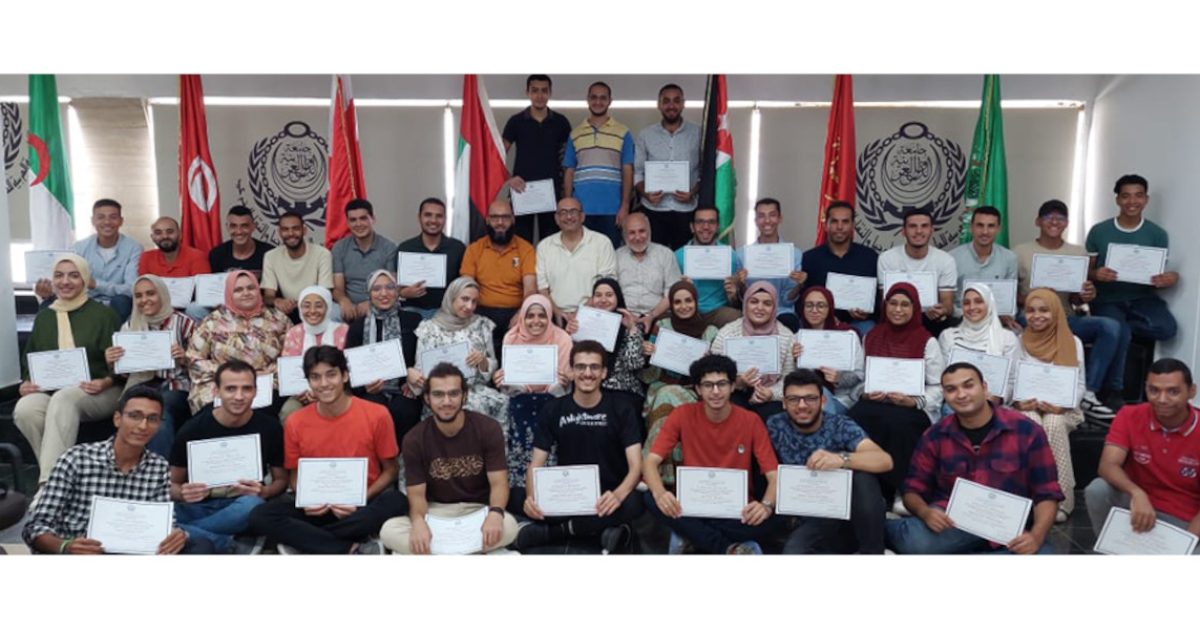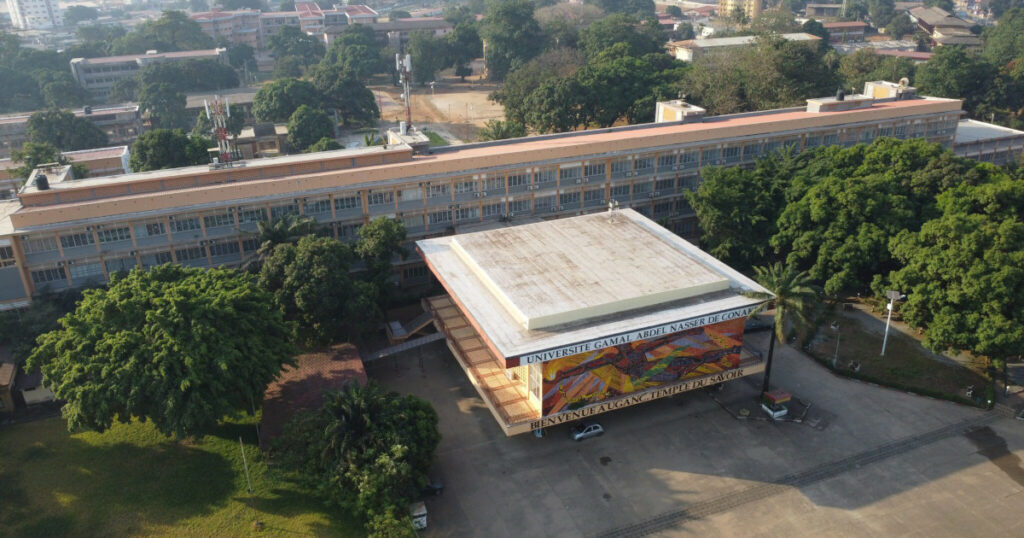For the past ten years, EGYPlasma Schools have been training physicists from Egypt an other African countries in this very rich field
The field of plasma physics is one of the most exciting and rapidly developing areas of scientific research, with applications ranging from energy generation to space exploration. In Egypt, a key figure advancing this field is Professor Waleed Moslem, whose dedication and leadership have significantly contributed to the growth of plasma science through the Egyptian Plasma Society (EGYPlasma) initiative
EGYPlasma is a specialized program focused on nurturing the field of plasma physics in Egypt and across the African continent. Since its inception, the initiative has been pivotal in providing high-quality education, research opportunities, and collaborative platforms for students, researchers, and professionals interested in plasma physics.
Education and research opportunities
Professor Moslem has been at the forefront of EGYPlasma’s efforts. With a deep commitment to education and research, he has played a crucial role in organizing and leading numerous schools, workshops, and conferences under the EGYPlasma banner. His vision is to build a vibrant and self sustaining plasma physics community in Africa that can contribute to global scientific advancements.
One of EGYPlasma’s flagship activities is the annual Spring Plasma School at Port Said (SPSP), which brings together students, early-career researchers, and seasoned experts from around the world. The EGYPlasma schools, held each year in Port Said, Egypt, target BSc and MSc students interested in plasma physics and its applications. These schools offer a week of intensive lectures, hands-on computational tutorials, and problem-solving sessions. Participants also have the chance to explore the beautiful city of Port Said, which overlooks the Suez Canal and the Mediterranean Sea.
All around plasma
Participants benefit from lectures, hands-on experiments, and interactive sessions designed to deepen their understanding of plasma phenomena and their applications. The EGYPlasma School is not just a learning experience but also a networking platform, enabling participants to build connections with peers and experts, fostering future collaborations.
The curriculum of the EGYPlasma Schools covers a wide range of topics, including the basics of plasma physics, space plasma, experimental plasma, plasma etching, and plasma approximation. The schools also include a one-day conference where MSc students, Ph.D. candidates, and postdocs can present their research and receive valuable feedback from peers and experts.
Courses at every level
Over the past five years (2020-2024), SPSP has accepted 311 applicants out of 714. Participants have come from around 17 Egyptian universities. Additionally, SPSP hosts a select number of international students annually from neighboring countries such as Sudan, Algeria, Syria, Yemen, and Iraq.
Alongside the Spring School, EGYPlasma offers an intensive summer course on the fundamentals of plasma physics for senior undergraduate and junior graduate students. This course, first offered in 2019, has seen around 120 students participate in its last three editions. In 2025, EGYPlasma will celebrate the 10th SPSP by launching an advanced summer course in plasma physics, designed for graduate students and early-career researchers. This course will cover a broad range of research techniques in theoretical plasma physics as well as the numerical methods commonly used in the field.
Building a community in Africa
A key aspect of EGYPlasma’s mission is to build a strong and inclusive community of plasma physicists in Africa. Professor Moslem has been instrumental in fostering partnerships with international institutions and research centers, ensuring that African scientists have access to the latest resources and opportunities in the field. Looking ahead, EGYPlasma aims to expand its reach by introducing new programs and initiatives that cater to the evolving needs of the scientific community. This includes online courses, regional workshops, and collaborative research projects that address pressing scientific challenges.
The EGYPlasma initiative represents a significant step forward in the development of plasma physics in Africa. Through its schools, workshops, and conferences, EGYPlasma is not only enhancing participants’ knowledge and skills but is also contributing to the global advancement of plasma science. As EGYPlasma continues to grow, it will undoubtedly play a crucial role in shaping the future of plasma research and education across the continent.
Ahmed Bakr, Egypt University of Informatics, Egypt
This article has been published by the African Physics Newsletter in April 2025. It is reproduced with the authorization of the American Physical Society.




